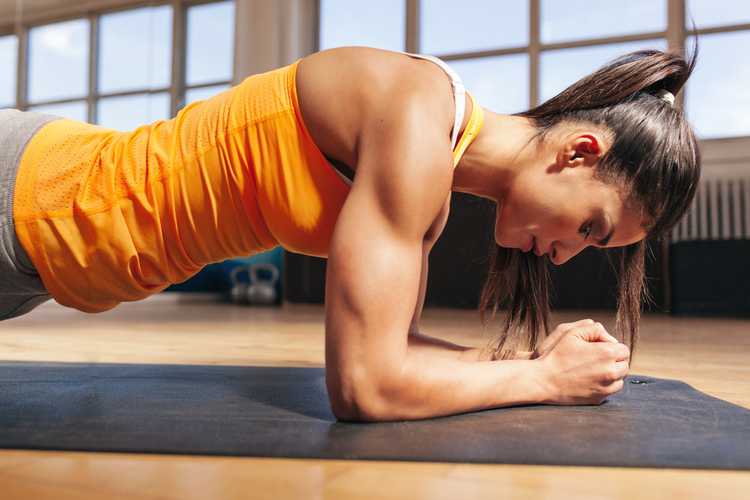
Why Core Strength is Important
Many of us know that a strong core is essential to overall health. And a strong core is about more than having six-pack abs. A core can be strong without developing six-pack abs. It is mainly about your nutrition habits as much as your workout regimen.
Get to know the core
Before you start ab exercises, you should understand the core and what it consists of to give yourself an idea of why core strengthening exercises are essential to your overall health. Your main core muscles consist of:
- Internal and external obliques: external obliques control the trunk rotation and bending; internal obliques are essential for breathing.
- Rectus abdominis: this muscle makes up the bumps associated with six-pack abs in the front of your abdomen. It is crucial to the curving and tilting of your spine and pelvis.
- Erector spinae: a vital muscle group that travels along the spine’s length and helps with keeping good posture and proper flexion in the spine.
- Transverse abdominis: runs vertically along your abdomen’s side as a way to protect your organs while stabilizing your spine and pelvis during movement.
So, the core is more than just your abs, and it is essential to know about the other muscles that work with your main core muscles. These include your diaphragm, pelvic floor, pectoral muscles and lats, glutes, and hip flexors. The body is interconnected, and a strong core goes beyond having a strong core.
A Strong Core is Important
Your core strength contributes to many parts of your daily life, from sitting at your desk while working from home to bringing groceries up to your second-floor apartment. Some of the critical benefits of core strength are:
- Reducing back pain: Low back pain seems like an inevitable part of getting older, but it is more widespread than you may realize. Roughly 80% of adults will experience low back pain at some point in their life, and many Americans have missed work because of the pain.
- Preventing Injury: Your core muscles support your spine, promote good posture, and help you breathe – protecting you from harm. They also protect your internal organs. By stabilizing your spine, your core muscles can keep your spine healthy, especially during load-bearing exercises.
- Promotes Proper Breathing: a strong core allows you to breathe correctly, especially during your workouts. When you can take deep breaths, it provides you tired muscles with more oxygen, which aids in recovery, endurance, and heart health.
- Gaining strength and confidence: with a strong core, you will start to feel better. Strengthening your body is building a solid foundation for you to become stronger and more confident over time.
